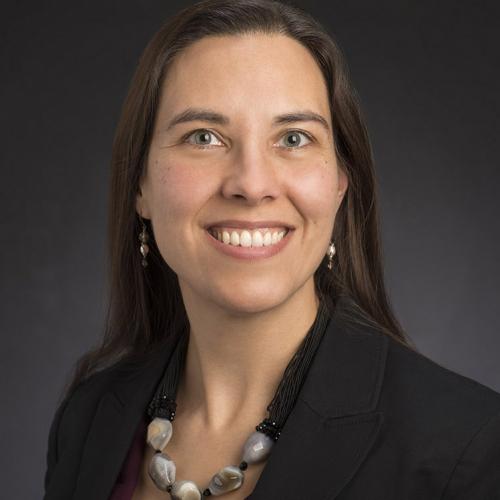Why have certain stories stood the test of time?
Many books survive because they are riveting stories or beautifully written, and because adults lovingly share them with children.
Some of these favorites I share with my students, such as Tom's Midnight Garden by Philippa Pearce, Beverly Cleary's Ramona novels, The Dream Keeper by Langston Hughes and the Rosamond stories by Maria Edgeworth.
But given who has the power to publish, review, purchase, collect and critique children's literature, books that express white, middle-class values and experiences have been more likely to endure. In my research, I am actually more interested in recovering forgotten books. Some of these are beautiful, but others are interesting for what they tell us about the lives and reading habits of children who are left out of history books.
What would people be surprised to know about your research?
People would be surprised by the variety of things I study: board games, toys, science textbooks, protest songs, Radical periodicals, industrial machinery displays, pedagogical treatises, child automata, and literacy teaching aids.I find renewal in the materials parents and teachers created for children two centuries ago, which show that people from all walks of life loved their little ones just as much as we do today.
What can we learn from studying children's literature?
I think if we read widely, children's literature can help us recognize the dignity and worth of all children.
For the kind of research I do, I often read biographies and journalistic accounts of children who suffered under appalling conditions, who worked in mines or factories for over twelve hours a day, or who were abducted and enslaved. People I speak to about these events often express their consternation that anyone could do that to young people, especially children they witness suffering. Yet we are still doing it. Looking at another time and place can help us ask, why is this acceptable? Can't we do better?
What are some of your favorite stories?
How to narrow this down?
Some of my first publications were about contemporary fantasy literature, which I still teach and love to read.
Recently, I have enjoyed Naomi Novik's Uprooted and Spinning Silver, N. K. Jemisin's The Broken Earth Trilogy, Susanna Clarke's Jonathan Strange & Mr Norrell, Ken Liu's The Grace of Kings, and Lev Grossman's The Magicians. My favorite recent youth fantasy reads are Sarah Reese Brenan's In Other Lands, Rick Riodan's Magnus Chase series, Patrick Ness' Chaos Walking trilogy, Adam Gidwitz's The Inquisitor's Tale, Holly Black's The Darkest Part of the Forest, and Melinda Lo's Ash.
Describe your current research.
I primarily write about the class politics of children's literature and education during the industrial revolution in the U.S. and Britain but also about other controversial texts for child readers, such as political broadsides and abolitionist literature. My research seeks to expand what counts as children's literature in order to honor families and children whose experiences are otherwise left out of history. The materials I examine offer new perspectives on class, gender, race, politics, and power in children's lives. I take this approach from a conviction that the diversity of materials I investigate is directly connected to the diversity of voices I represent.
My current book project investigates ways that children learned directly from the physical world through object learning or "the education of things." This mode of learning promised to develop what I call "mechanical literacy," a fusion of reading and writing with manual tinkering and scientific observation that was mythologized during the industrial era as indispensable for social advancement. I am interested in how learning-by-doing blurred boundaries between educational play and work, and thus offered an empowering pedagogy for affluent children while justifying child labor as educational.
